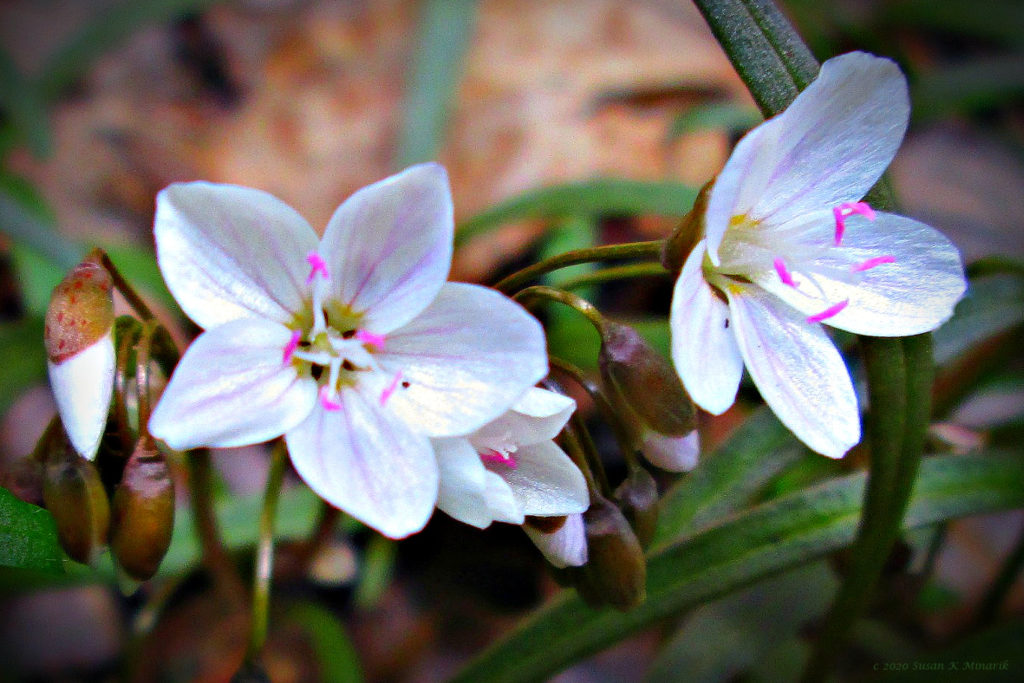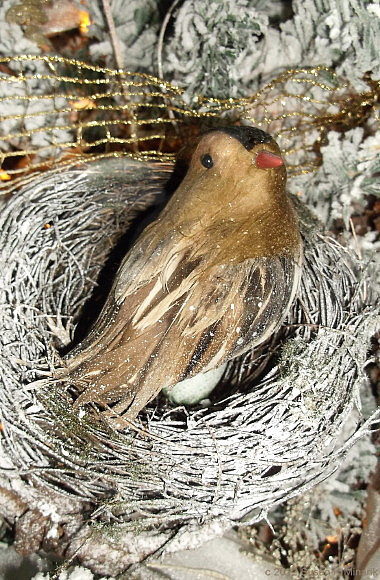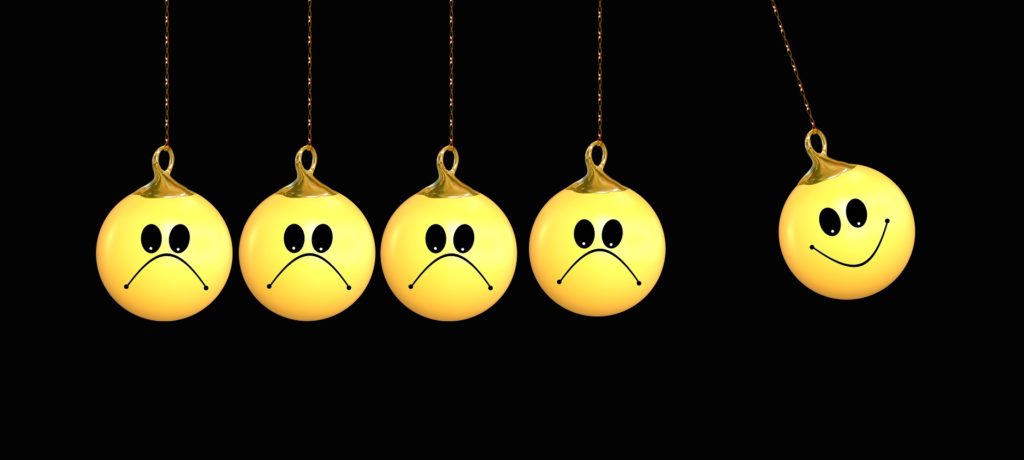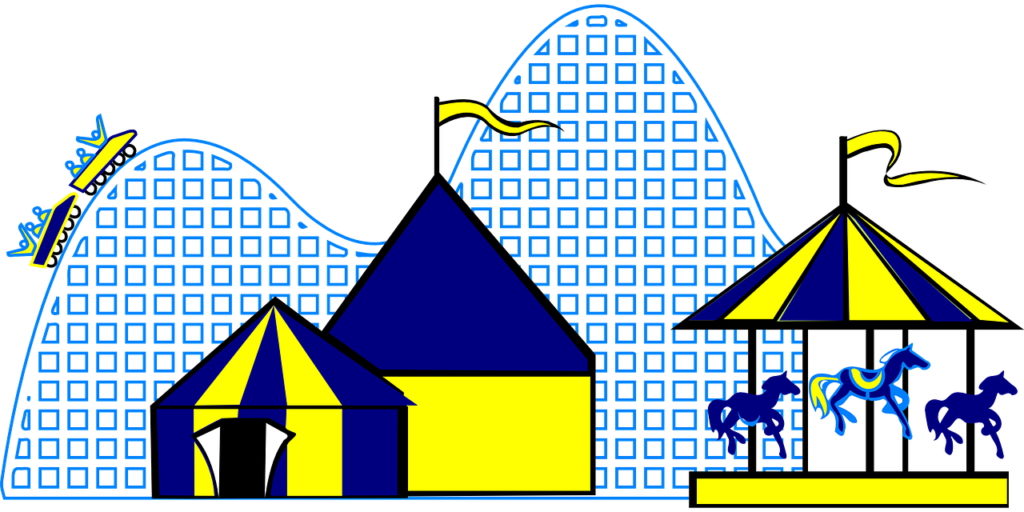Every day since the start of the month, I’ve been posting – right here on this site – one chapter of the story of Little Pine from the first book of my three-year series. This first volume is called The Magic of the Light’s Return. It details Little Pine’s adventures as the forest and its creatures prepare for the return of the light on the winter solstice. Today, the final chapter is posted. It may be my favorite. It’s called “Why We Sing.”
(If you click over there to read it and decide you want to read the whole story, the beginning of it is here. You can start there and follow the arrows at the end of each chapter that will take you to the next one.)
The story has had me thinking a lot about Christmas.
I don’t think only in words, by the way. Often what I call thinking is really more like going to watch the movies in my head. All kinds of genres play there. Do you do that, too?
Anyway, I was thinking about it being the Christmas season again— that ancient winter holiday, come with all its legends and myths. I was in full humbug mode about it. I get that way every year. I growl at the season’s approach. Sometimes right up to the last minute.
Here’s what I wrote about it in my journal:
Here it is, whatever we might think of it: unavoidably, inescapably Christmas. The music, the lights, the media, the catalogs and commercials. It’s painful. It’s like a slap in the face, reminding us of how it used to be–before 2020 happened–then asking us to pretend it that it never did, so now hop online and buy those presents. (Nevermind that your favorite little stores are closed.)
It’s a heavy time of year.
It’s been a heavy year.
I mean, remember what you were doing a year ago this time of year. Can you? Think about last December, before the world met the words “Covid-19.” Remember what Christmas was like just last year–when the world was still normal? When you were cruising around in a place called Ordinary? When things still made some kind of sense?
Whew! It seems a long time ago, doesn’t it? Now everything’s upside down.
Anyway, I was thinking about how hard the season, this year, will be for so many of us, even those for whom it has no tradition or meaning. It’s the winter, for all of us in the northern hemisphere, of a most extraordinary year. The year where everything changed for everyone everywhere.
Already, the first storm of the winter has blown through. And this is just the beginning.
But think about that, too: It’s just the beginning.
It always is.
So, I was thinking about Christmas and a few fragments of memory began floating through. In my mental movie, I was in a huge old attic, kneeling before a treasure box I hadn’t opened in a long, long time. Inside it were stacks and stacks of DVD’s. “At Grandma’s House.” “Stuck in the Gate.” “A Board for the Bored.” The titles spoke in my mind as I shuffled through them. I’d glance at the cover of each one and then go on to the next one.
It dawned on me that what I was watching in my movie was a picture of how I usually look at my memories. I glance at their labels, casually decide that I know each one’s whole story, having lived it, and move on.
But what if, I thought, I went beyond the labels. What if I took one of those memories out of its sleeve, put it in the slot of my mental player and pressed “Play.” So I did. And it so fun that I wanted to share it with you.
I’ll tell you more details in some other letter. (I’m already taking so much of your time!) The gist of it is this: From your stack of memories, pick one about a holiday that you enjoy. (C’mon. Play along!) What’s your first bright memory about it? Let your attention settle on it for a moment and see how many details you can discover. Where are you? Are you indoors or out? What do you see there? What do you hear? Is anyone else there? Who? What were you doing?
Wander around there, let the memories wander you, guide you, open more of the scene.
Stay as long as you like. Then maybe linger just a bit longer, to be sure that’s really all you want to see of it, of this time that lives so vividly and expansively in your memory.
These are your treasures. You lived these moments. They were real. They are a part of you and your experience. And you know what? They’re a part of you right now. They’re a part of this moment, where you decided to let yourself dig into the treasure box, just for fun, to see what you might find there.
It seems kind of awesome that those memories could be a part of this amazing once-in-a-lifetime-2020-Christmas-season, helping us pay attention to the things that matter in our lives.
That’s pretty big magic, isn’t it?
May some of its glittering light be sprinkled upon you, my dear friend. May you taste of its peace, and of its joy.
Oh, and by the way. Let me remind you that you might have wanted to find out what the little bird had to say about why we sing.
Warmly smiling, and wishing you grand discoveries,
Susan









